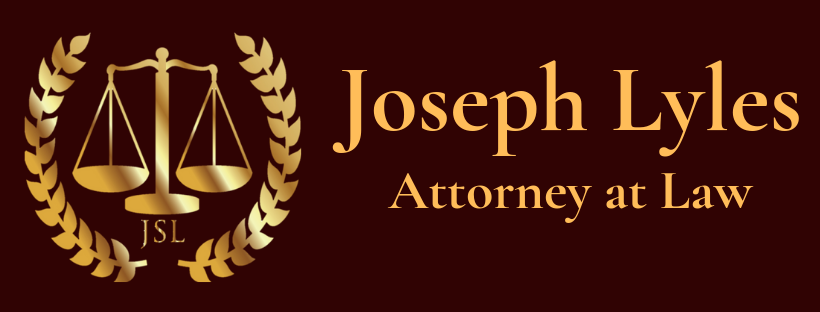Lesson 3: Save that Paper!
From Strictly Legal section of How You Can Avoid Legal Land Mines by Joseph S. Lyles (2003)
When you or your lawyer are working to solve a legal problem there are two basic ingredients you need: first, you need the relevant facts; second, you need the relevant law. Your most important source for these ingredients is often paper, whether in the form of contracts, receipts, tax returns, accident reports, insurance policies or witness statements. Without these sources of information your and your attorney’s efforts will be handicapped.
My advice here may directly conflict with that of the “organization expert” who encourages you to throw much of the paper in your life into the trash. to the contrary, I believe you should save as much meaningful paper as possible. My experience as a practicing attorney has taught me that documentary evidence is often the most important in any case.
This point is touched on in several of the lessons in this book. A piece of paper can b e a hidden land mine in your case. If your attorney doesn’t know about it and the other side does, a simple piece of paper can blow up in his face in court, and, of course, the reverse may be true to your benefit.
There are many reasons to keep papers. They can help you in ways not directly related to the law. For example, if you saved (and organized) all your receipts you could use them at the end of the year to see how you spent your money. Using this knowledge you could better plan your coming year’s budget and identify areas to economize in. These same receipts could very likely be evidence in a divorce case or a tax case. And if you had a loss of property due to theft, fire or flood, those receipts would be valuable in establishing your insurance claim.
The Lesson: From a legal point of view, it is better to have papers that you don’t need than it is to need papers that you don’t have.
